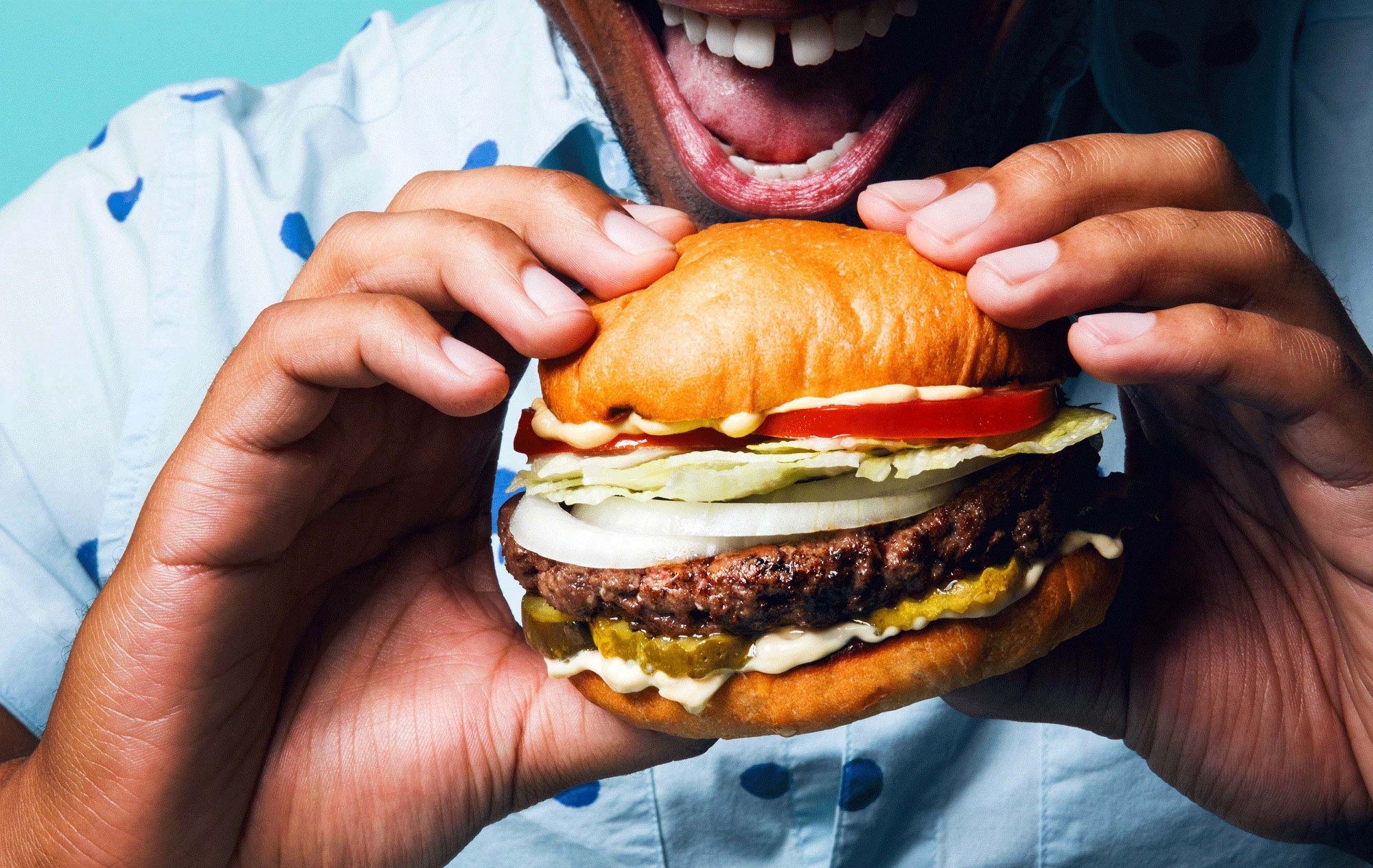It was uncovered last week that Impossible Foods, producers of plant-based burgers which bleeds like meat, have tested their crucial burger ingredient, ‘soy leghemoglobin’ on rats.
These tests involved force feeding the rats excessive amounts of soy leghemoglobin and studying the effects this had to their behaviour and organs. The results concluded this ingredient safe for human consumption, even in amounts far greater than we would ever consume, but the tests were not actually required to meet food safety standards by the FDA.
Revelations of this animal testing sparked outrage from consumers, with many people questioning whether the products can still be considered vegan. In response, CEO and founder of Impossible Foods – Patick O. Brown, released a statement titled ‘The Agonizing Dilemna Of Animal Testing’.
“The core of Impossible Foods’ mission is to eliminate exploitation of animals in the food system. We made the choice that anyone who sincerely cares about reducing suffering and exploitation of animals should make.”
Brown, who has been vegetarian for over 40 years and vegan for 14 years, believes that Impossible Foods’ products do indeed, “create meat… without using animals.” Adding, that the current marketplace lacks products which have enough appeal to make a difference in reducing the demand for meat.

How do Impossible Foods achieve such a revolutionary feat? The secret lies in soy leghemoglobin. This ingredient is a protein molecule which contains heme derived from soy root which is atom-for-atom identical to the heme in meat. By using the plant-based option of these two identical molecules, Impossible Foods is enabled to produce a plant-based product that behaves as meat.
Brown adds in the statement that the absolute safety for human consumption of commercial production of this new heme needed to be proven to consumers and the FDA. In 2014, two years prior to production, Impossible Foods submitted an extensive report of research which a panel of food safety experts deemed as safe. However, the FDA had some questions about the ingredients used by Impossible Foods so as is standard in the food safety industry, Impossible Foods voluntarily performed rat-feeding tests to certify the safety of questioned ingredients.

However, Brown did not take this decision lightly, saying, “I personally abhor the exploitation of animals not only in the food system but in testing and research. In my 3-decade career in biomedical research, I always avoided using animals in experiments and developed new experimental methods to eliminate the incentive for using them.”
Despite his personal stance, Brown was put in a compromising situation as he believes the future of Impossible Foods and their mission wouldn’t be possible without sacrificing some animals for the sake of saving millions of others from agricultural fate. “Replacing animals in the diets of meat lovers would absolutely require heme.” comments Brown, “So without the rat testing, our mission and its success was thwarted. We chose the least objectionable of the two choices available to us.”

Impossible Foods carefully screened companies and chose what they believed to have the most humane testing practices, carefully specified the requirements to make animal handling as humane as possible and only used the absolute minimum amount of rats in their tests which would generate data that is statistically valid. They also ensured that the study was extensive so that no further animal testing would have to be conducted.
Impossible Foods hopes to never be put in a situation where they will have to make a decision like this again and say that “nobody is more committed or working harder to eliminate exploitation of animals than Impossible Foods.”
Image credit: Impossible Foods | Impossible Foods


